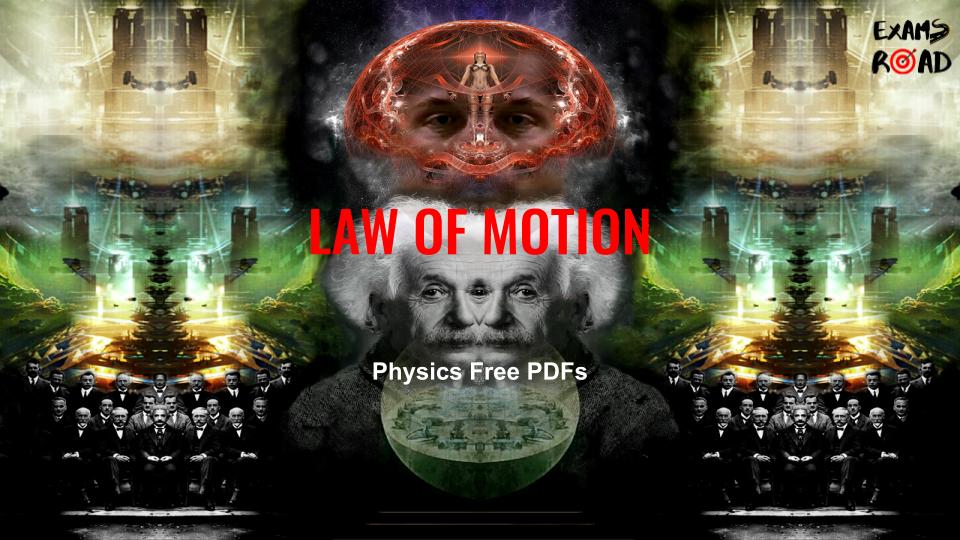MCQs on Basic Concept of Chemistry PDF – Free Objective Question & Answers
Basic Concept of Chemistry [CHEMISTRY NEET JEE PDF] : Basic Concept of Chemistry PDF. Chemistry is a branch of science that explores the properties, composition, and transformations of matter. It is essential to grasp the basic concepts of chemistry to develop a solid foundation for understanding the intricacies of this scientific discipline. In this article, we will delve into the fundamental concepts of chemistry, providing clear explanations and relevant examples to enhance your comprehension.
MCQs on Basic Concept of Chemistry PDF – Click Here
- Matter: The Building Blocks of the Universe: Matter refers to anything that occupies space and has mass. It is classified into three main states: solid, liquid, and gas. For instance, consider water—when it freezes, it becomes a solid (ice), when it melts, it becomes a liquid, and when it boils, it transforms into a gaseous state (water vapor).
- Elements: The Simplest Form of Matter: Elements are pure substances that cannot be broken down into simpler substances by ordinary chemical means. Each element is uniquely characterized by its atomic number and symbol. Take oxygen (O) as an example. It is an element with atomic number 8, and it is essential for supporting life through the process of respiration.
- Atoms: The Smallest Units of Elements: Atoms are the smallest units of elements that retain the chemical properties of those elements. They consist of a central nucleus, which contains protons (positively charged particles) and neutrons (particles with no charge), surrounded by negatively charged electrons. Hydrogen (H) is the simplest element, consisting of a single proton and one electron.
- Molecules: Combining Atoms: Molecules are formed when two or more atoms chemically combine. They can be composed of atoms of the same element or different elements. For instance, a molecule of water (H2O) is formed when two hydrogen atoms chemically bond with one oxygen atom. Similarly, carbon dioxide (CO2) consists of one carbon atom bonded with two oxygen atoms.
- Compounds: Unique Substances with Distinct Properties: Compounds are substances composed of two or more different elements chemically bonded in fixed ratios. They have distinct properties that differ from those of the elements comprising them. For example, sodium chloride (NaCl) is a compound formed by the combination of sodium (Na) and chlorine (Cl) atoms. It exhibits the characteristic properties of salt, such as its taste and ability to dissolve in water.
- Chemical Reactions: Transforming Substances: Chemical reactions involve the transformation of substances through the breaking and forming of chemical bonds. Reactants are the starting materials, and products are the resulting substances. Consider the combustion of methane (CH4) in the presence of oxygen (O2). The reaction produces carbon dioxide (CO2) and water (H2O).CH4 + 2O2 → CO2 + 2H2O
- Acids and Bases: Key Substances with Diverse Properties: Acids and bases are important classes of compounds with distinct properties. Acids release hydrogen ions (H+) when dissolved in water, while bases release hydroxide ions (OH-). For instance, hydrochloric acid (HCl) is an acid, while sodium hydroxide (NaOH) is a base. When they react, they form water and a salt, exemplifying a neutralization reaction.HCl + NaOH → H2O + NaCl
- pH Scale: Measuring Acidity and Alkalinity: The pH scale is used to measure the acidity or alkalinity (basicity) of a substance. It ranges from 0 to 14, with 7 being neutral. Substances with a pH below 7 are acidic, while those with a pH above 7 are alkaline (basic). Lemon juice, for example, has a low pH (acidic), while baking soda has a high pH (alkaline).
Conclusion: Understanding the basic concepts of chemistry is crucial for building a strong foundation in this scientific discipline. By grasping the concepts of matter, elements, atoms, molecules, compounds, chemical reactions, acids and bases, and the pH scale, you can develop a deeper appreciation for the intricate workings of the natural world. The examples provided serve to illustrate these fundamental concepts, paving the way for further exploration and study in the diverse field of chemistry.
Free Download – Notes on Basic Concept of Chemistry PDF
Thank You,
Team ExamsRoad.com
In Association with ExamsRank.com



![100+ MCQs on Chemical Bonding PDF – Free Objective Question & Answers [Chemistry NEET JEE] Chemical Bonding PDF](https://examsroad.com/wp-content/uploads/2023/06/Chemical-Bonding-PDF-218x150.jpg)













